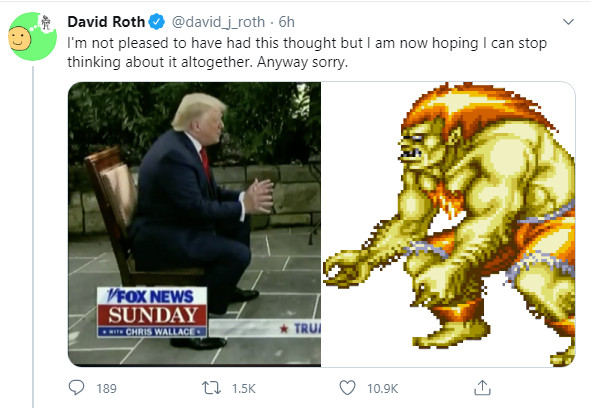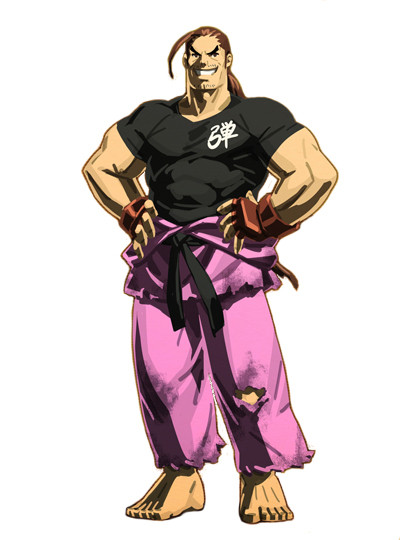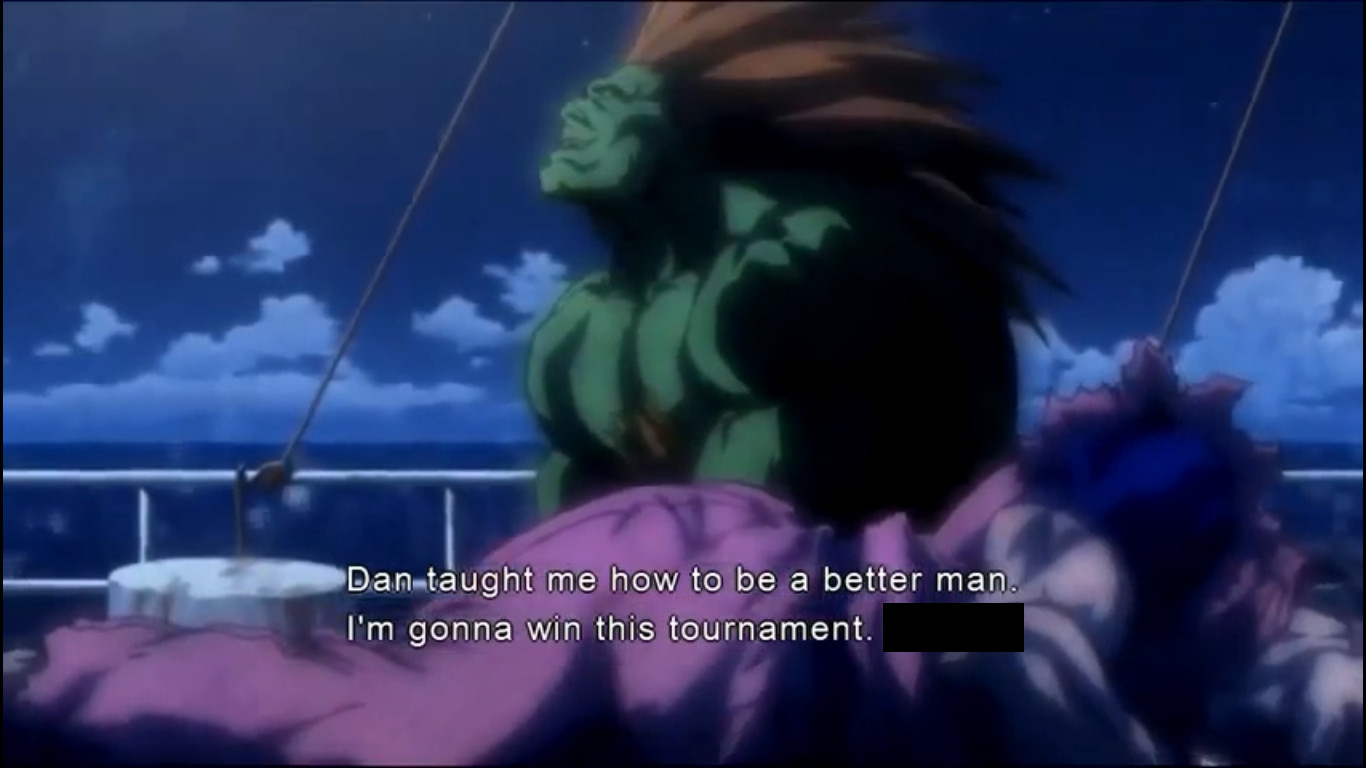Street Fighter, a name synonymous with fighting games, boasts a diverse roster of iconic characters. Among them is Blanka, the green-skinned wild man of Brazil. While a recent tweet sparked debate by comparing Blanka’s posture to a certain politician, it missed the mark on what truly makes Blanka a compelling and even unifying figure within and beyond the Street Fighter universe.

This isn’t about politics; it’s about recognizing Blanka’s unique journey from a feral child to a beloved global icon. Let’s explore why Blanka is more than just a funny-looking character – he’s a symbol of national pride, personal growth, and even unexpected unity.
Blanka: From Street Fighter II to Global Phenomenon
Debuting in 1991’s Street Fighter II, Blanka quickly became a fan favorite. His wild appearance and electrifying attacks set him apart from the more traditional martial artists in the game. Street Fighter II’s explosive popularity revolutionized gaming, and Blanka was right there at the forefront. His impact transcended the game itself, entering mainstream consciousness. Even pop culture juggernauts like Family Guy have referenced Blanka, cementing his place in the cultural zeitgeist.
https://youtu.be/L6FIrRwaRBk?t=11
But Blanka’s influence goes beyond mere recognition. He’s become a symbol of national pride for Brazil, his fictional homeland.
A Brazilian Icon: Blanka and National Pride
Brazil’s affection for Blanka is undeniable. As early as 2009, Brazilian citizens campaigned to make Blanka a mascot for the 2016 Rio Olympics, showcasing artwork that celebrated him as a national symbol.

While he wasn’t officially chosen, the passion was evident. This wasn’t just online chatter; it reflected a genuine connection between Brazilians and this video game character. In 2010, during a Video Games Live concert in Brazil, the crowd erupted into chants of “Blanka” as the orchestra played Guile’s Theme, further demonstrating the deep emotional resonance Blanka holds for Brazilian fans.
https://youtu.be/W3uDcU-9aEA?t=105
This real-world adoration mirrors Blanka’s in-game journey towards acceptance and connection.
Blanka’s In-Game Journey: Friendship and Self-Acceptance
Blanka’s story in the Street Fighter universe is one of personal growth and finding his place in the world. Initially driven by a desire to find his mother, as seen in Street Fighter II, Blanka eventually reunites with her. However, societal judgment due to his appearance leads him to seek acceptance elsewhere. This is where his unlikely friendship with Dan Hibiki becomes crucial.

In Street Fighter Alpha 3, Blanka and Dan reconnect, showcasing a bond that highlights Dan’s often-underestimated empathy and intelligence. According to Fandom, Blanka’s journey in Street Fighter IV is motivated by a desire to “win and earn people’s respect,” highlighting his struggle for acceptance.
https://streetfighter.fandom.com/wiki/Blanka
Dan plays a pivotal role in Blanka’s journey, even helping him reunite with his mother again after he initially leaves in Street Fighter IV, showcasing Dan’s supportive nature.
https://youtu.be/BAa0QeWRvd8?t=52
Blanka-chan: Uniting Through Toys and Overcoming Prejudice
By Street Fighter V, Blanka appears to have found a degree of acceptance. His story mode revolves around his Blanka-chan dolls, a venture that, while initially quirky, becomes a surprising vehicle for connection. While the game narrative is ambiguous about the dolls’ in-universe success, Blanka-chan became a real-world meme, embraced by the Fighting Game Community and beyond.

Canon material like “Blue Christmas In Summer” suggests Blanka-chan dolls did find in-universe success, with Laura Matsuda even utilizing the same manufacturer for her merchandise.
https://game.capcom.com/cfn/sfv/column/132150
This implies Blanka, through perseverance and a touch of luck, became a successful entrepreneur. He used his image, once a source of fear and prejudice, to build a business, connect with people, and support his mother. This mirrors Capcom’s own journey, using Street Fighter to build their company and turn Blanka into a global icon.
Blanka: A Symbol of Hope and Unification
Blanka, therefore, transcends his video game origins. He embodies the potential for acceptance, personal growth, and unity. Created by a Japanese company, celebrated by Brazilian fans, and embraced by a global community, Blanka is a unique symbol of cross-cultural connection. He represents the idea that even the most unconventional individuals can find their place and unite people in unexpected ways. In a world often divided, Blanka, the wild man of Street Fighter, stands as a surprising figure of hope.

